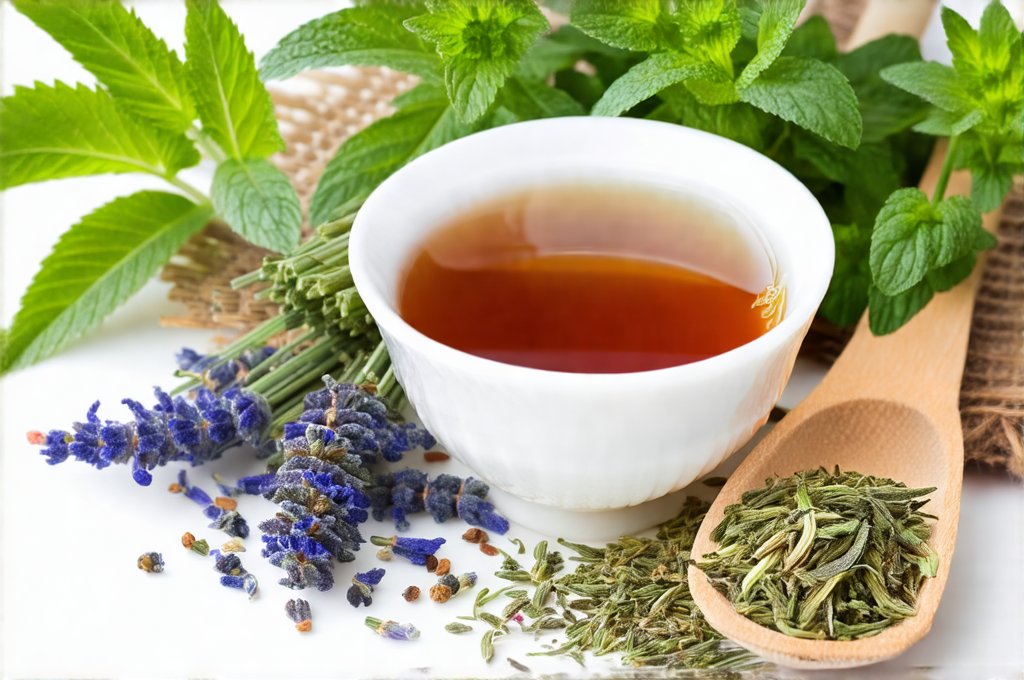The bladder, often taken for granted, plays a crucial role in our overall well-being. When it’s irritated or inflamed – whether due to infection, dietary choices, stress, or underlying conditions – the discomfort can be significant and disruptive. Many people seek natural ways to soothe their bladders, and herbal teas have been used for centuries as gentle, supportive remedies. However, it’s important to remember that bladder issues can stem from various sources, some requiring professional medical attention. This article explores a selection of carefully chosen herbal teas known for their potential calming effects on the urinary tract and bladder, offering options beyond conventional treatments – but always alongside, never instead of, qualified healthcare advice.
Finding relief from bladder discomfort often involves a holistic approach that addresses not just symptoms, but also underlying causes like stress or dehydration. Herbal teas can be a valuable part of this strategy, providing hydration while simultaneously offering compounds believed to have soothing properties. It’s essential to select teas with ingredients known for their gentle action and to listen carefully to your body’s response. Remember that herbal remedies aren’t a quick fix; consistent use, coupled with lifestyle adjustments, tends to yield the best results. This guide focuses on teas that are generally considered safe for most individuals, but it is always vital to consult with your healthcare provider before introducing new herbs into your routine, especially if you have existing health conditions or are taking medications. Considering shifting to herbal teas can be a beneficial step toward urological support.
Understanding Bladder Irritation and Herbal Support
Bladder irritation can manifest in a variety of ways – frequent urination, urgency, burning sensations, discomfort or pain, and even blood in the urine (which always warrants immediate medical attention). These symptoms can be caused by several factors, including urinary tract infections (UTIs), interstitial cystitis (a chronic bladder condition), dietary sensitivities, stress, and certain medications. Herbal teas aren’t a cure for these conditions, but they can potentially alleviate some of the associated discomfort and support overall bladder health. The herbs we’ll discuss work through different mechanisms – some have anti-inflammatory properties, others promote relaxation of the bladder muscles, and still others may help to flush out toxins. It’s also helpful to understand what are the best teas available for soothing your bladder.
The key to effective herbal tea use lies in understanding the specific properties of each herb. For instance, chamomile is renowned for its calming effects on the nervous system, which can indirectly benefit the bladder by reducing stress and tension that might exacerbate symptoms. Cornsilk, traditionally used for urinary issues, contains compounds believed to soothe irritated tissues. Marshmallow root offers a mucilaginous quality – meaning it coats and protects the bladder lining. It’s crucial to choose high-quality herbal teas from reputable sources to ensure you’re getting genuine herbs with optimal potency. Always read labels carefully and be mindful of potential allergens or contraindications.
Soothing Herbs for Bladder Health
Chamomile: As mentioned, chamomile is a powerhouse for relaxation. Its calming properties can help reduce anxiety related to frequent urination or urgency, leading to a sense of calm and control. It’s also mildly anti-inflammatory, which may ease bladder irritation. – Drink 1-2 cups daily, avoiding it if you’re allergic to ragweed.
Cornsilk: Historically used for urinary complaints, cornsilk is believed to have diuretic properties (helping the body eliminate fluids) and soothing effects on irritated tissues. It can support healthy kidney function, indirectly benefiting bladder health. – Be cautious if you have kidney problems or are taking diuretics.
Marshmallow Root: This herb’s mucilaginous quality coats and protects the bladder lining, reducing irritation and inflammation. It’s a gentle remedy often recommended for chronic bladder conditions like interstitial cystitis. – Drink 1-2 cups daily; it can interfere with the absorption of some medications, so take them separately. Finding body-friendly herbal teas for relaxing your bladder is easier than you think.
Hydration and Tea Consumption
Adequate hydration is paramount for bladder health. Water helps to flush out toxins and prevents urine from becoming overly concentrated, which can irritate the bladder lining. Herbal teas contribute to your overall fluid intake and provide additional therapeutic benefits. However, it’s important to be mindful of tea’s diuretic effects – some herbs may increase urination temporarily. This isn’t necessarily harmful, but it means you might need to drink more water alongside your tea to stay adequately hydrated.
Furthermore, consider the temperature of your tea. While a warm cup can be comforting and relaxing, extremely hot liquids can sometimes irritate a sensitive bladder. Let the tea cool slightly before sipping, and avoid scalding temperatures. The frequency of tea consumption should also align with your individual needs and tolerance levels. Start with one or two cups per day and gradually increase if needed, monitoring for any adverse reactions. Daily timing of herbal teas can help maximize their benefits.
Lifestyle Considerations Alongside Tea
Herbal teas are most effective when integrated into a holistic approach to bladder health. This includes: – Dietary adjustments: Identifying and eliminating potential bladder irritants like caffeine, alcohol, spicy foods, acidic fruits (citrus, tomatoes), and artificial sweeteners. – Stress management: Practicing relaxation techniques like yoga, meditation, or deep breathing exercises to reduce stress levels that can exacerbate bladder symptoms. – Pelvic floor exercises: Strengthening the pelvic floor muscles can improve bladder control and reduce urgency. – Proper hygiene: Maintaining good personal hygiene practices can help prevent UTIs. – Regular checkups: Consulting with your healthcare provider for regular checkups and addressing any underlying health conditions is crucial.
It’s important to emphasize that this information is not intended as a substitute for professional medical advice, diagnosis, or treatment. Always consult with a qualified healthcare provider before making any decisions about your health or treatment plan.





















